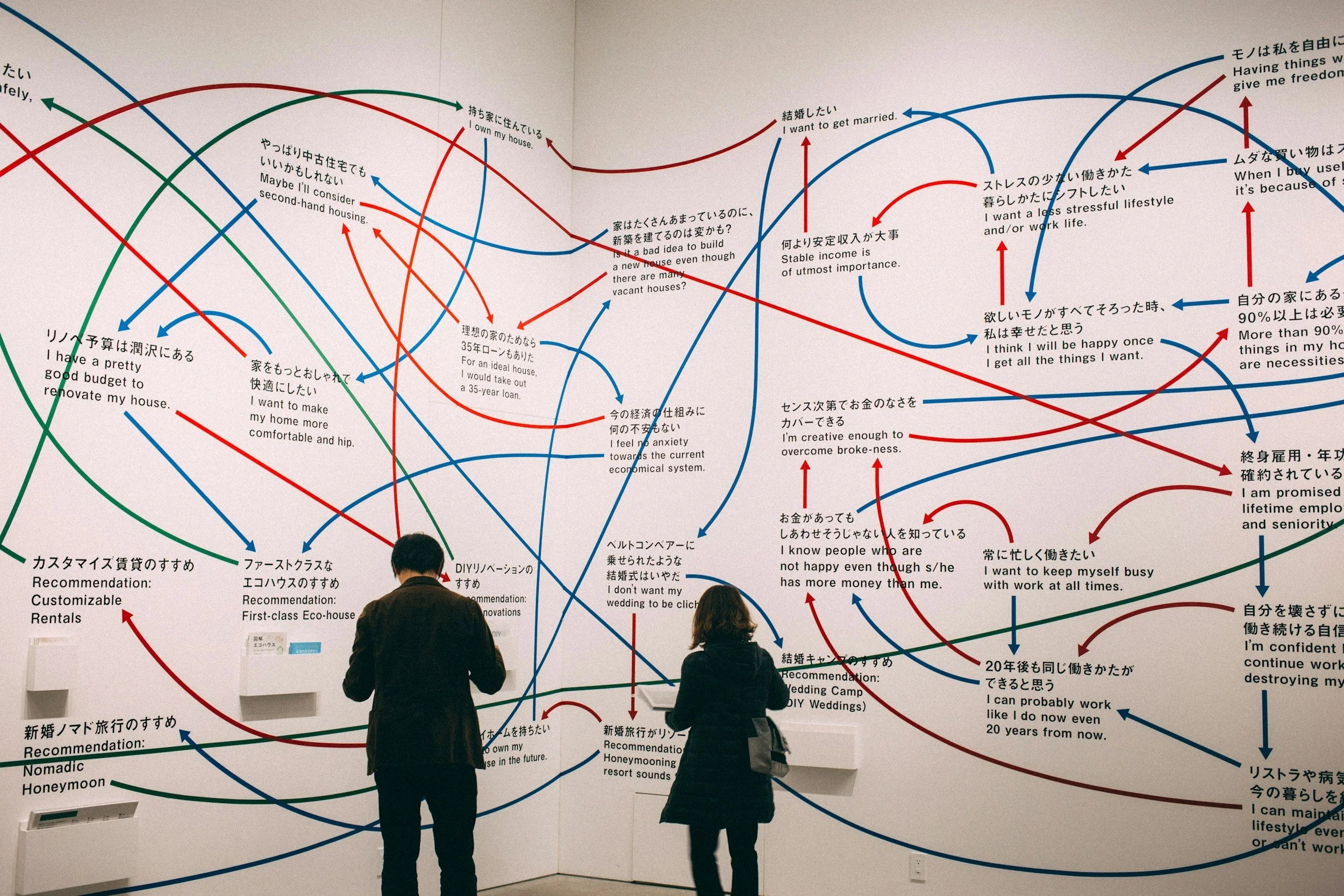Narrative Lectionary Key Verse for Today
“Any of those among you who are of his people—may their God be with them! —are now permitted to go up to Jerusalem in Judah, and rebuild the house of the Lord, the God of Israel—he is the God who is in Jerusalem.”
NL Daily Devotion for Sunday, December 17, 2023
by Madison Johnston, Clergy Stuff
Main Idea: We will always have to navigate a mixture of joy and sorrow, but because we know Jesus, we know that joy will always have the last word.
While it is relatively obscure to us in the Christian tradition, this decree given by King Cyrus is not only common knowledge in the Jewish tradition, but also incredibly significant. It is the very last verse of the entirety of the Jewish canon. This means that the final word—the central, defining idea—of the Jewish tradition is that we need always to be looking to the future with hope.
The author of Ezra reinforces that point through contrast. He highlights the fact that many people in this crowd in Jerusalem are not looking to the future, but rather, to the past. These are people who knew the former Temple in all of its glory and who find it impossible to celebrate a new foundation. They are convinced that their new reality will always feel diminished in comparison to their old one. They are in mourning, experiencing deep loss that the younger generations alongside them cannot understand or relate to—that younger generations do not share. These are people who weep while others shout with joy.
We can understand this tension from both perspectives. It’s rare that any of us experiences only positive things or only negative things, whether from hour to hour, day to day, week to week or year to year. When it comes to defining any number of seasons in our lives, many of us are used to a mixed bag of emotions and opinions.
Gaudete Sunday—the third Sunday in Advent which translates roughly to “Rejoice” Sunday—is special because it is meant to bring our attention to the good things in that mixed bag. It is meant to encapsulate the happiness, excitement and glee of this season of anticipating Jesus. The candle for this Sunday is a rosy color, different from the others. The vestments we wear on this Sunday are distinct, too. And that is to remind us that it’s okay to pay our undivided attention to the joyful—and, in this case, unifying—parts of our shared experience in the Christian life.
On this day, the Spirit connects us to the people in Ezra who are singing songs of praise and shouting to the heavens with joy. On this day, the Spirit invites us to empathize with their excitement and their confidence, both of which stem from seeing the (literal) foundation of their faith established anew in front of their very eyes. On this day, we remember the foundation of our faith established anew—Jesus Christ, born in a manger and ready to turn the entire cosmos on its head out of the love he has for us.
We know, deep down, that the joy of anticipating Jesus’s coming brings with it the pain of anticipating Jesus’s journey to the cross (not to mention his death on it). That pain is very real. That pain is very serious. That pain will fundamentally change each of our lives at some point. But that pain is not what we lean on when we tell our story of faith. That pain is not the last verse of ourmetaphorical canon. That pain is not more powerful than our joy, and it cannot steal our focus away from the future that God is laying the foundation for, here and now.





